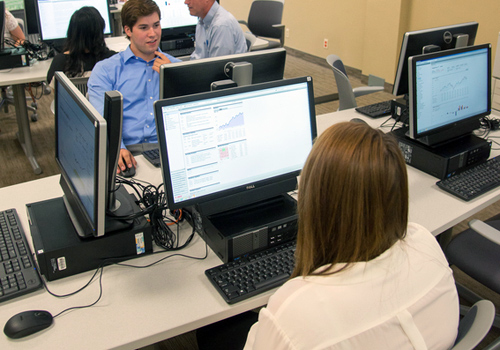ITS Policies
Nazareth University's Computing Code of Conduct
The rules that comprise this Code of Conduct apply to all areas of computer use at Nazareth University, including all computers, storage devices, networks, and network devices owned or managed by the University, including any for which the University contracts with a third party. Additionally, this Code of Conduct applies to all devices, whether owned by the University or a third party, that access the University’s wired or wireless network, a University e-mail account, University applications and data, or otherwise access any protected University network or website. Such devices include but are not limited to mobile phones, tablets, or laptop computers, or any other electronic device with access to the University's networks (together with all areas of use described in this paragraph, the “University Network”). The Chief Information Officer is responsible for publishing, and in concert with other members of the college community, enforcing this Code.

Have Questions?
Contact the Technology and Media Service Desk: